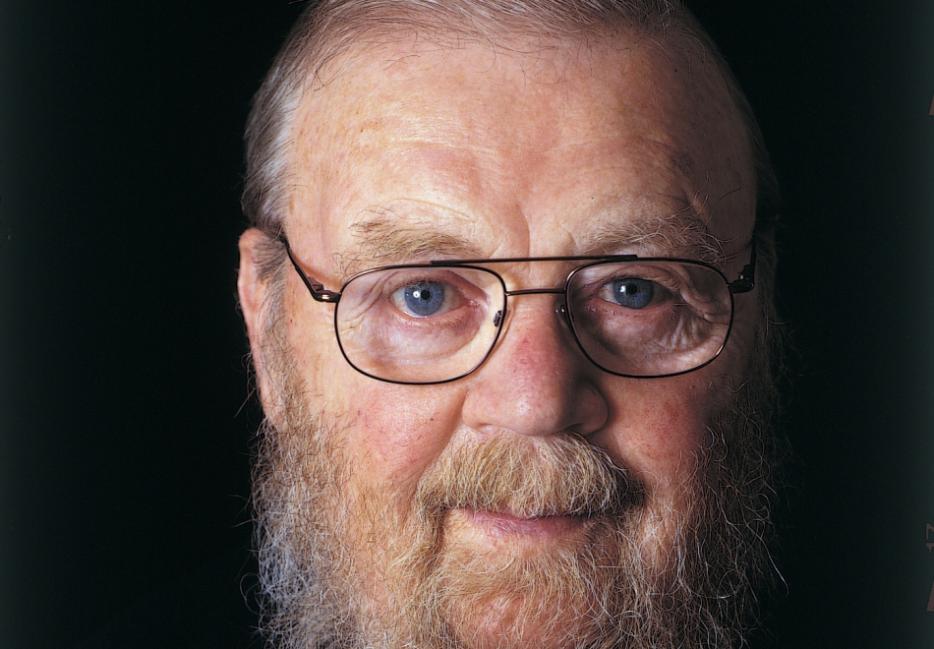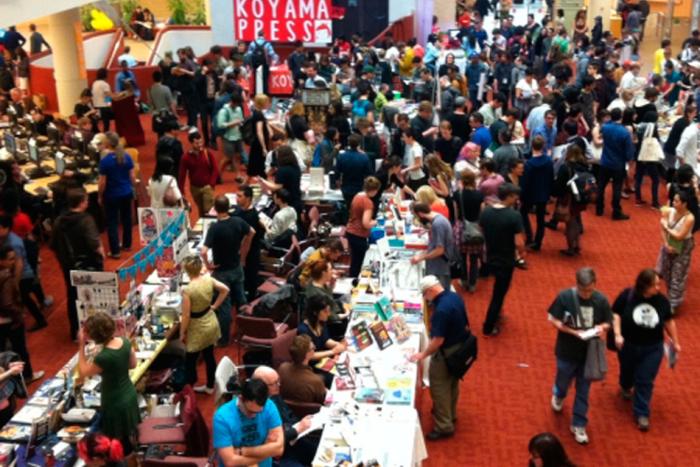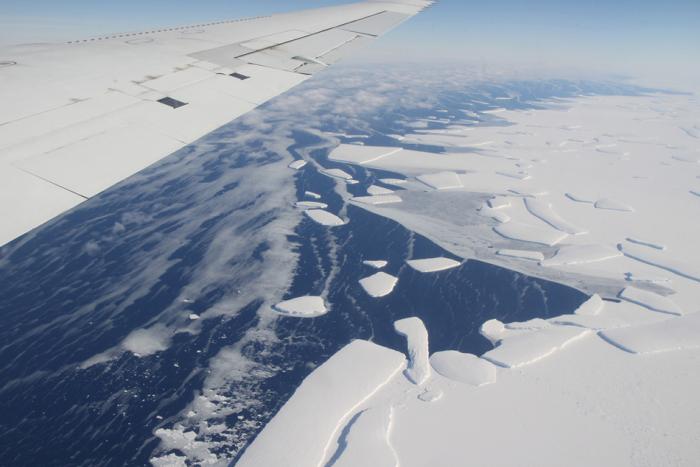Instead, We Became Cautious Friends, by Anna Porter
Farley was as feisty and combative as ever the last time I saw him. It was mid-April, 2014, sunny but still cold in Port Hope, though not too cold for the Mowats’ daily walk along the water. He said he still missed Chester, the black lab that used to prance along on these walks, but Chester had been dead for a long time and there was no sense now in buying another dog. It was a bit more than a month before the Mowats’ annual journey to Cape Breton and he was looking forward to seeing the sea. He had left approximately 200 acres of the Mowats’ property near the River Bourgeois to the Nova Scotia Nature Trust.
He was amused by the fact that I had managed to get lost on the way to Port Hope, as I have always done on my way to see them in Cape Breton, despite their elaborate hand-drawn maps and detailed instructions. He was wearing his green vest with his Order of Canada just above his heart. He was thin but claimed to be as healthy as anyone can expect to be at 92, an age he had never anticipated he would reach. He was contemptuous of his various doctors’ prescriptions for operations he had invariably refused—and with good reason: he survived this long without them.
I had known Farley for forty-four years. I was, variously, one of his editors and one of his publishers. We first met over his manuscript of Sibir: My Discovery of Siberia, his travels in the bowels of the USSR during a cold time of the Cold War. He was as much in love with Russians as I was terrified of their brutality. I was a survivor of the 1956 Hungarian Revolution, he of the Second World War, when the Russians were allies. Miraculously, we didn’t come to blows. Instead, we became cautious friends. I mean cautious in the way that Farley rarely trusted anyone who was in the business of books. Back then, he was red-haired, loud and cantankerous, now, some twenty books later, he is grey-haired, balding, slightly stooped, but still cantankerous and still protesting the evil that people commit. His memoir of the war, And No Birds Sang, was then and has remained the most effective writing about senseless killing that I have ever read.
He had been devastated by man’s ability to wreak mindless havoc. His travels north did not improve that impression. He wrote about the fate of the Inuit, of wolves and whales. Although he was known for his ability to make people laugh with his warm and fuzzy kids’ books and memoirs of hapless adventures, I think Farley was a very serious, thoughtful writer with a commitment to honing methods of telling stories that were designed to grab a reader’s attention.
He had loved Newfoundland until the A Whale for the Killing. He had been proud of chronicling the devastation of the Sea of Slaughter, though he was sure few people had bothered to read it. It was too real. He was still mourning wolves, the seals and caribou, though no longer sad for the Earth, as he had told me before. The Earth would take care of itself; it was humanity, in its greed and stupidity, which was doomed. There would be no one to tell stories, then. His friend and admirer, Paul Watson, had named his ship the Farley Mowat, and Farley would go along when it confronted sealers on the ice floes for the annual slaughter. Now the ship is out of commission and its captain can’t get his passport renewed. He said his real legacy to be the land he had left to the Nature Trust. Perhaps it would remain the one piece of Canada not destroyed by man.
I was glad to read that Port Hope lowered its flag to half-mast upon learning of Farley’s death. He had told me that the council had barely acknowledged his existence while he was alive. Now, maybe, they will name a small street after their most famous citizen.
RIP old friend.
Anna Porter is writer, editor, and publisher. She is the founder of Key Porter books and has written three novels and several non-fiction books including, most recently, The Ghosts of Europe: Central Europe's Past and Uncertain Future.
*
I Can’t Tell You What to Do, by J.B. MacKinnon
Farley Mowat was the first person of any note that I ever wrote to, at the age of 10. While other children obsessed over dinosaurs or cars, I, a kid living in the sagebrush desert of the B.C. interior, had somehow come to obsess over whales, and A Whale for the Killing had transfixed me, of course. I wanted to save whales like Farley did, and roam wildernesses like he did, and I suspect I also coveted his beard. So, I wrote to him, asking him what I should make of my life, and he wrote back, saying, “I can’t tell you what to do.” What wonderful, rare advice that was for an adult to give to a child.
I wrote again to Farley last year. I wanted him to know how deeply my latest book had been influenced by his classic Sea of Slaughter, which foresaw by two decades the sciences’ emerging interest in the history of nature, the way it has been transformed and impoverished far more deeply, and often far earlier, than almost any of us understand. I had heard that Farley had a sign on his stoop reading something like “NO COMPUTERS BEYOND THIS POINT” so I wrote to him painfully, slowly, on an old Remington 5 typewriter. I also, of course, mentioned his response to my childhood letter. About my Remington 5, he said that it was nothing compared to his trusty Underwood 4. About the advice he gave me as a child, he said, “I still have no better advice to give.”
RIP, Mr. Mowat. I raise a glass.
J.B. Mackinnon is a journalist and author. His latest book is The Once and Future World: Nature As It Was, As It Is, As It Could Be.






